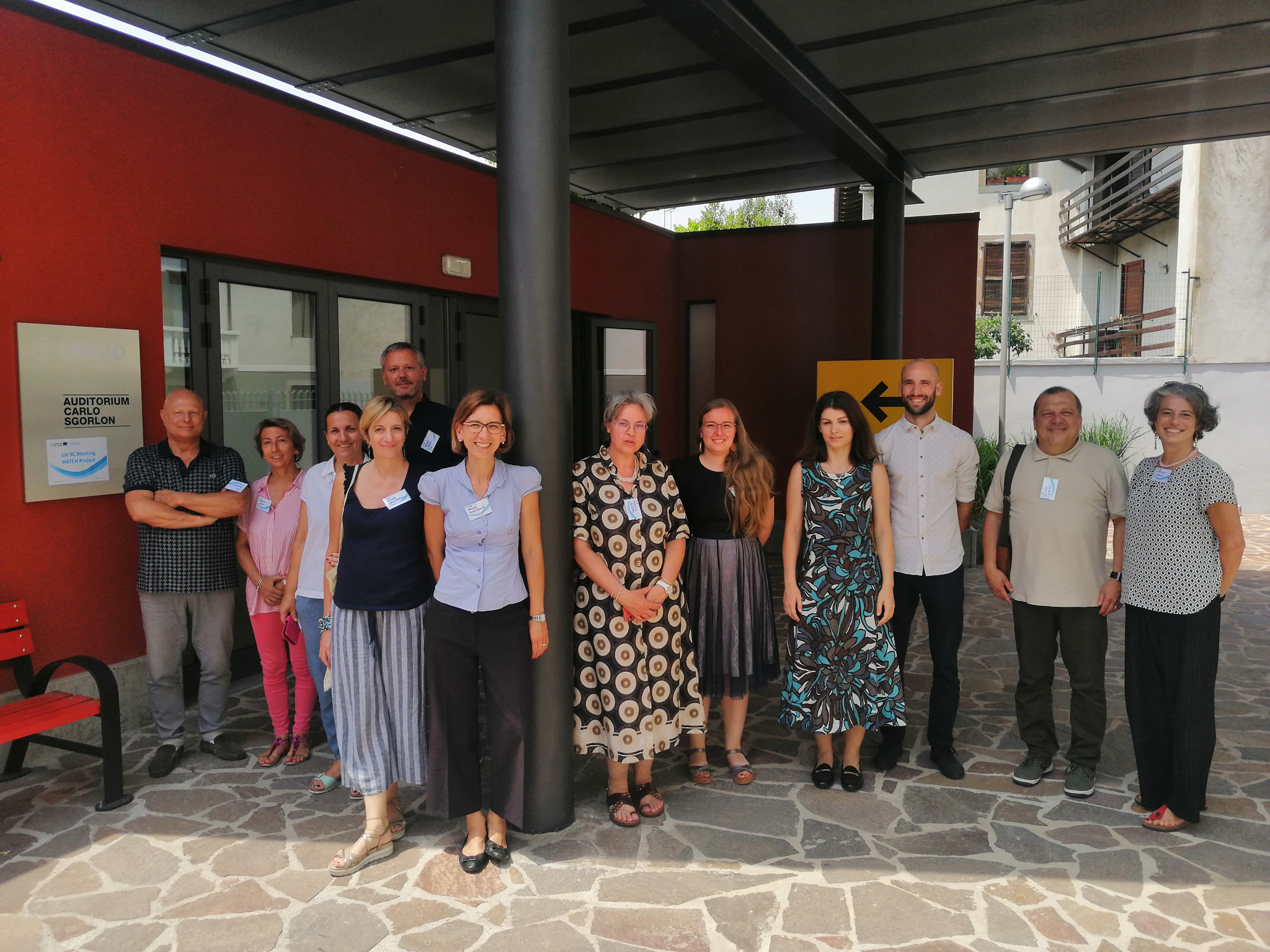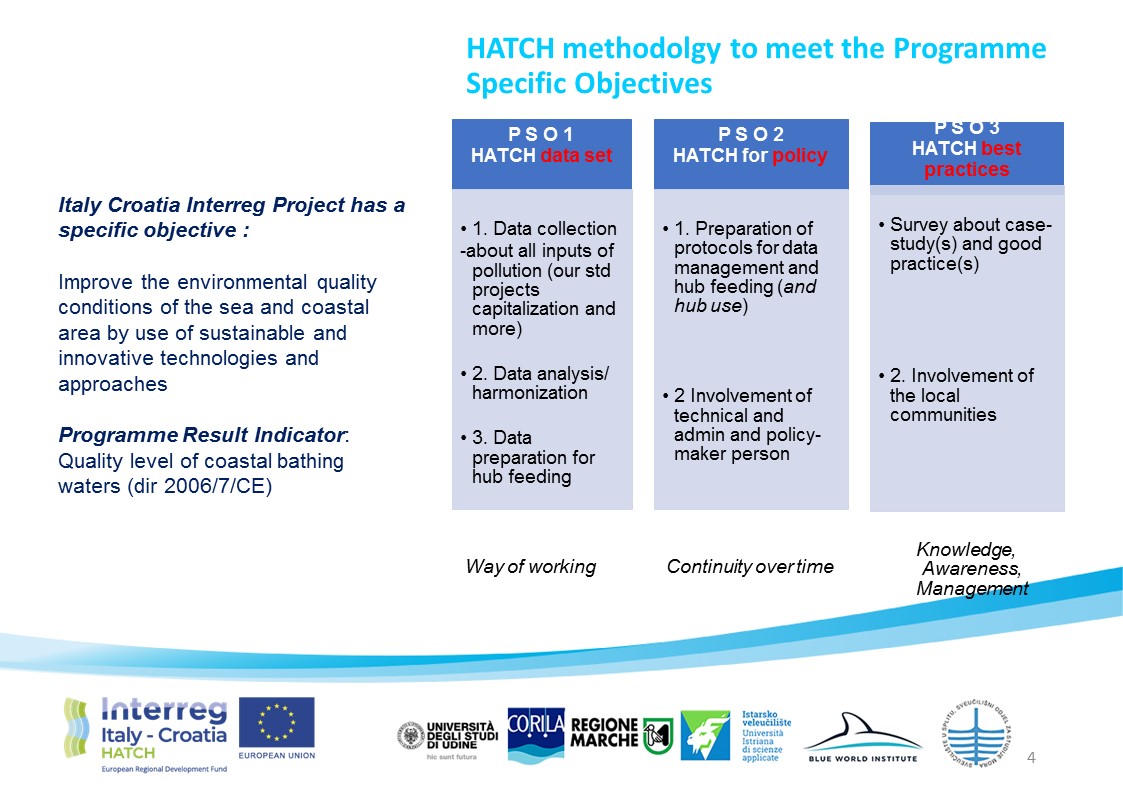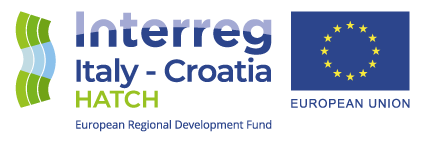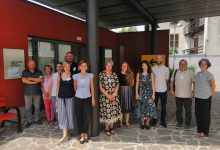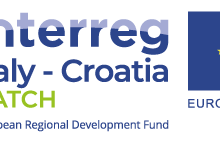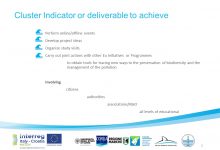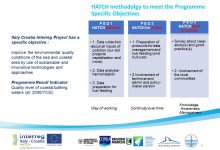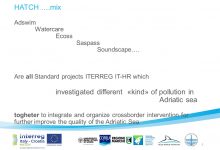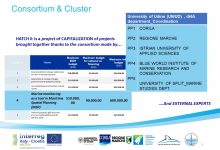Published on 19-09-2022
Cross-border tools for maritime spatial planning decision-makers
HATCH – Interreg Italia-Croazia
- Programme or Providing body : Interreg Italy-Croatia
- Acronym: HATCH
- Project title : Hadriaticum DATA HUB. Data management, protocols harmonization, preparations of guidelines: cross-border tools for maritime spatial planning decision-makers
- Duration: 1/06/2022-30/6/2023
- Project budget: € 566.621,00
- CORILA budget: € 122.500,00
- Contact person in CORILA: dabala@corila.it
- Keywords: Maritime Spatial Planning (MSP), marine space
HATCH respond to a cluster call whose objective is to maximize the experiences and results achieved by the Interreg IT-HR STD projects. The cluster intends to participate in the dissemination of the Maritime Spatial Planning (MSP) methodology for the use of the Adriatic Sea. The main objective of MSP is to integrate the protection of marine environment with the economic and recreational use. Offering tools to rationalize the use of resources and planning the use of marine space to support economic growth but also to safeguard the environment and its habitats responds to an ever-increasing felt need both by political and technical stakeholders.
- HATCH intend to provide tools exploitable by stakeholders and decision-makers in MSP’ application to preserve Adriatic sea.In this frame, PPs involved in HATCH consortium intend to capitalize on the data collected with analytical and monitoring activities carried out during their STD projects (Adswim, ECOMAP, ECOSS, CREW, SASPAS, SOUNDSCAPE, Watercare) by analyzing, comparing, and organizing them into a single uniform format in order to upload them into a cross-border platform (named Hadriaticum Hub) as a decision-making support for MSP implementation.Protocols and guidelines to manipulate these data and, as well as to organize them in a harmonized will be prepared, also to offer shared methodological tactics to speed up the mapping processes and the feeding of this data hub. Also Best Practices cases from STD ITHR projects are collected, rationalised and shared cross-border.
These outputs can contribute to the adaptive management of planning, and are matching some of the key points on which MSP is based: cross-border cooperation, incorporation of monitoring and evaluation in the planning process, the conceptualization of enablers for decisions based on clear information and scientific knowledge.
Thanks to proper dissemination strategies they will be presented to the stakeholders (from local administration to general public, students) which could be involved in their adoption.
This should support MSP, but should also suggest greener and more sustainable uses of the sea.
- Hadriaticum Hub platform: (Geo)-Data set about the anthropogenic pollution, and ecological data that capitalise the STD IT-HR projects involved in the Hatch consortium. Data about nutrients, metals, ions, microbiological and pathogenic distribution (impacts from land and marine), navigation, noise, fisheries impacts will be revised and organized to uniform their format, to confirm the protocols used for their collection and to share them to uniformly carry out analyses with appropriate statistical approaches and save them in proper format.
- Protocols: to preserve over time the validity of Hadriaticum hub and guarantee its continuous feeding, protocols are prepared and shared with both technical, local public administration and policy-makers stakeholders to uniform crossborder the approaches for data generation and management.
- Guidelines: the survey of the results of the STD projects is performed to highlight case studies and Best Practices if rom which obtaining guidelines in compliance with the EU directives and regulations to share in/out of the Programme area.
Partners di Progetto / Project Partners
Lead Partner: Università degli Studi di Udine (Dipartimento di Scienze agroalimentari, ambientali e animali) (IT)
Project Partner 1: CORILA – Consorzio per il coordinamento delle ricerche inerenti al sistema lagunare di Venezia, Venezia (IT)
Project Partner 2: Ente Regione Marche (Tutela delle acque e difesa del suolo e della costa) (IT)
Project Partner 3: Istrian University of Applied Sciences (HR)
Project Partner 4: Blue World Institute of Marine Research and Conservation (HR)
Project Partner 5: University of Split (HR)
